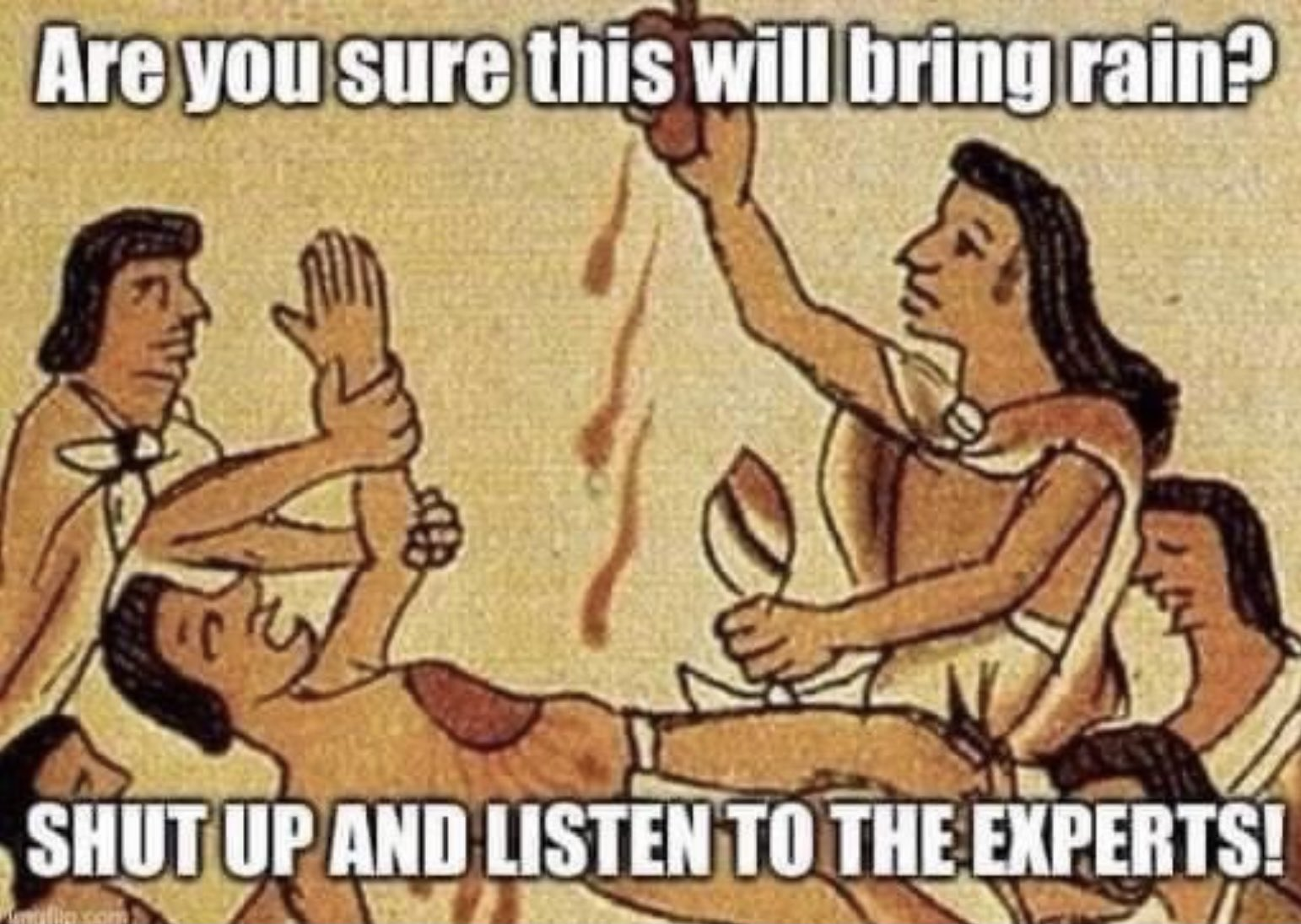I should start off by saying it has been a hot minute since I stopped writing about COVID and tyranny and started writing about where that tyranny pushed the church. My focus as a writer has been and is the relationship the church has with technology in general. But to not address what was one of the iconic moments of my province during the last few years in relation to where COVID pushed the church, Well, that would just be cowardly.
James Coates was acquitted of all charges of health order violations along with his church a few months ago. All, not some, not (but we'll stick you with a big fine for the sake of the crown.) some, All.
Shortly thereafter, Tim Stephens had all his charges withdrawn by the court.
These two pastors were held up by the media as objects of derision for the churches that would comply and close their doors. And while I would love to get into the nitty-gritty of all the things the COVID mandates did to change how we did church and truly how we do church now, I'm going to focus on one aspect. Moving our churches online.
These two pastors chose not to merely accept the baseless assumption of moving their church services online as a valid activity in the face of the risks COVID presented. In doing so, they both ran against the grain of the church at large, which almost uniformly moved online in one capacity or another. Barna Reports that 96% of churches moved online as early as 2020, But these two men stayed firmly in the 4% that remained. While the new field and market of online church service began to bloom and the government began to arrest pastors for exercising their charter rights, we saw what might be one of the biggest changes to church liturgy or ecclesiology happen across almost every denominational background. That being the equivalency of online worship and in-person worship.
The church at large decided that online worship was not only a possibility but was the right thing to do. And they did so in the face of a small minority of church leaders like Coates and Stephens that did not. This minority was painted as wrongdoers and the online church was the obvious right thing to do given the circumstances. Those logging in and signing up for online church were being righteous and what was happening at Gracelife and Fairview Baptist, was just plain wrong. We could be sure of them knowing it was wrong because of federal law enforcement fitting nicely into a simplistic understanding of Romans 13, but more on that later.
The issue we face is that the same government that declared them to be wrong, found them to be acquitted of their wrongness, and withdrew their charges. If these two pastors weren't the bad guys legally, if they weren't the law-breaking radicals the news and government painted them as. Who were they?
The problem with handing Romans 13 to a secularized government, like all of them we have up here in the true north strong and free-ish, is that if you don't teach it to them right, because you don't understand it right, then they end up twisting scripture to do wrong in the name of God's word. We simply can not have a freedom to exercise our religion that can not be infringed upon or abridged or abrogated, if three layers of fencing or a health order can do the impinging or abrogating. A health minister should have near total authority to do what is needed to be done during a pandemic response, but the charter is written as to be a total authority with measures put in place to make sure no one else gets near it. And it got trampled on like the lawns of Gracelife as the fence went up.
James And Tim clearly knew this when they took their stand and the health ministry did too. That's why there are measures put into the Emergency Act as to grant universal amnesty to the health minister for actions done in good faith. Pastors who act on their good faith, because they have good faith, well, they get to go to court.
And while I'm happy for Fairview Baptist and Gracelife and the people I know that no longer attend my church that closed but attend these churches that stayed open, we have a lingering issue to deal with in the church at large.
You see if the government loses a lawsuit like this, it isn't like it's some neutral party to that loss, despite the assurances the Emergencies Act gives the plaintiff. If these pastors are now acquitted of all wrongs. Then the plaintiff was wrong to arrest them, jail them, but most of all, it was likely wrong in the ways it told churches to worship in alternative ways, unlike these two churches. We were told by our government and our churches that we could simply if not by concession, worship online. And that this was the right thing to do in light of the wrong things being done over at Gracelife and Fairview Baptist, We Romans 13'd our way to live-streamed at-home eucharist and these men spent a few months in jail. We were told we were doing things the right way, and that was contrasted by trying our very best to not talk about what was being portrayed as the wrong way.
I could rip into the individual communion servings. The ways we did weddings and funerals and a host of other things. But I want to write about how the church went online. Because prior to all the nonsense, we had every opportunity to move church online without a government essentially telling us to do so. Youtube accounts are free as are their reach and effectiveness. If the Government told us to do so from a position of wrongness, was our move online during the pandemic an exercise in righteousness? Would you have made the changes to your church, (I'm talking to you, pastors) that you did, in how you look at the online service model, had you not been in a position of either causing a super spreader event or going to jail? Because the capacity to do so was freely available to the church for a decade or so prior to the pandemic.
But you did make changes, changes that had no theological backing only pragmatic ends. And those changes were lauded by a government now found in the wrong for insisting on those changes at Gracelife at the point of a gun. If you listened to that insisting on the right thing to do at your church, insisted on that particular interpretation of Romans 13, then any way you swing it now, you got that wrong. The pastors that went against the grain and ended up in jail for it, turns out, were doing what they not only were allowed to do, but what they should have been doing.
Does that not put us in the position of having done what we shouldn't have as the church at large?
Again, Barna reported that 96% of pastors moved their churches online in some capacity in 2020. leaving a very narrow gate of 4% that either did nothing or did enough of something to catch the eye of authorities. 96% of pastors who historically don't agree on baptism, women in leadership, church membership, the end times, scriptural authority, wine in the eucharist and what to think about rainbow flags. Yet somehow all agreed that online church is a valid and appropriate place to practice worship. Even when it isn't a place.
That needs to be brought back up for the kinds of questioning and cross-examination that pastors like Coates and Stephens are all too familiar with. The reasons we move online are not just blind progress and if you let blind progress and pragmatism get you online. You now have a reason to at least check your motivations.
Because fear is the worst reason to do online church, and I fear, it's the only reason we're 96% in favour of it right now. Or at least it was.
So, take this to your next general assembly or annual meeting or bible study if need be. Do it in person. do it without a mask on and ask the church a few things.
Why are we online?
Why did we go online?
And, Do 96% of us think we fit on the narrow path or not.
Enter ye in at the strait gate: for wide is the gate, and broad is the way, that leadeth to destruction, and many there be which go in thereat: because strait is the gate, and narrow is the way, which leadeth unto life, and few there be that find it.
Matthew 7:13-14 King James Version (KJV)








